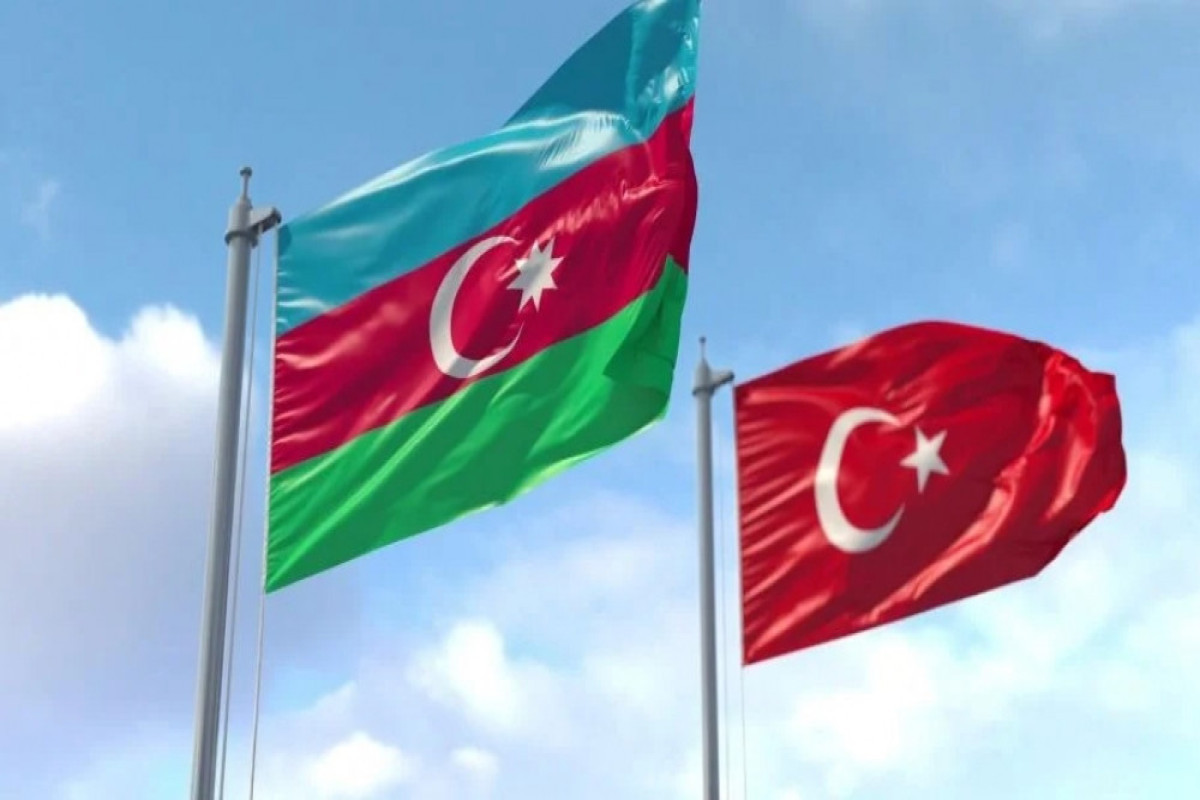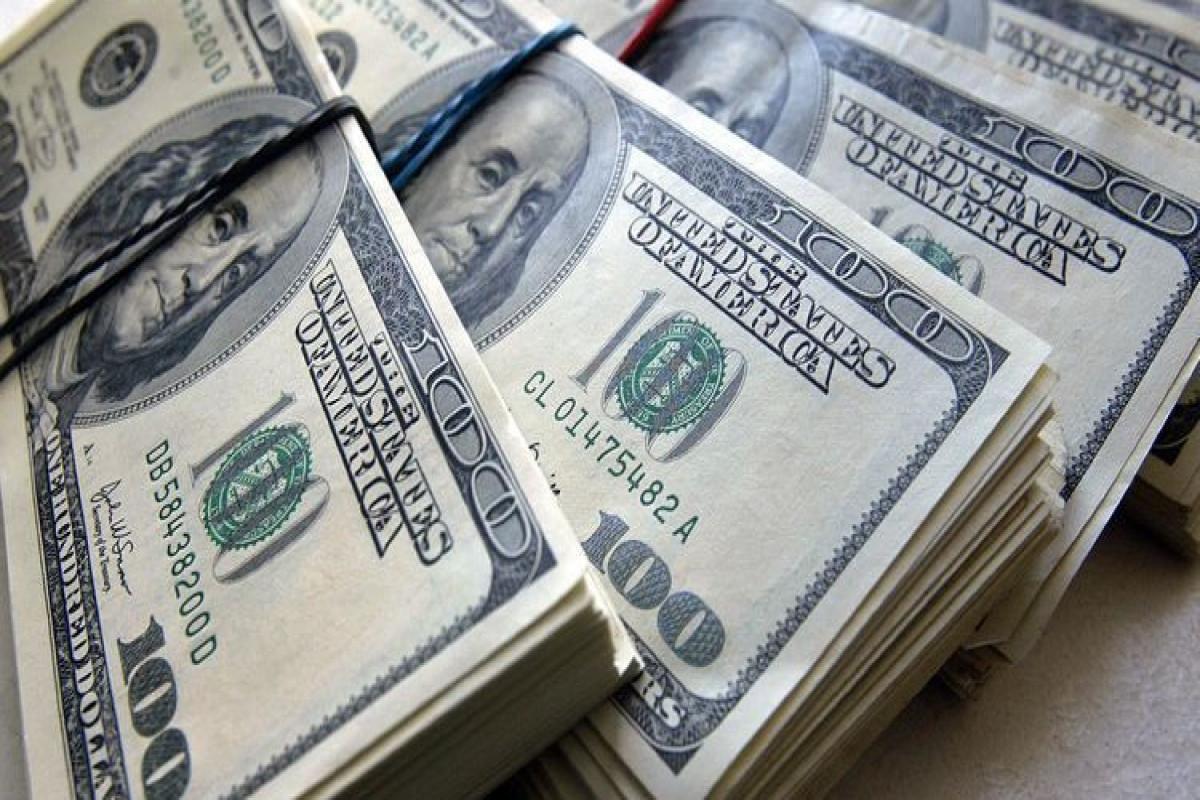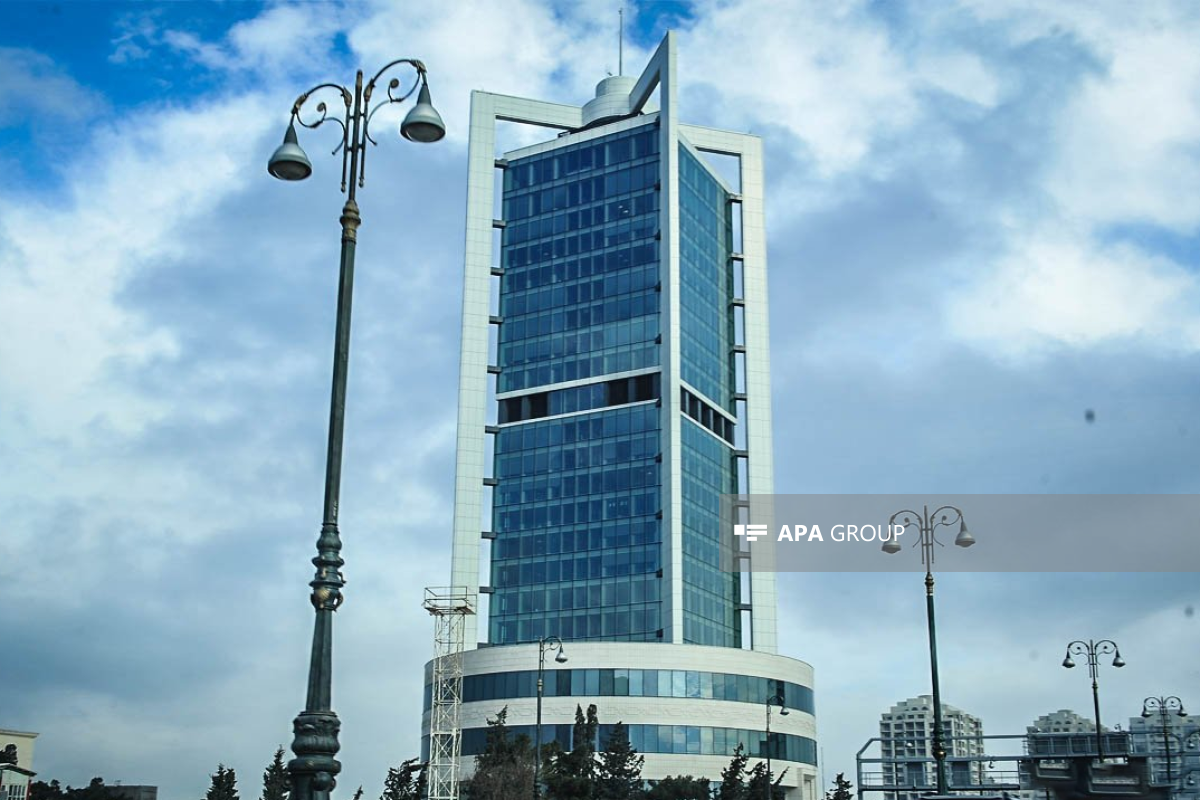Azerbaijan will benefit from significantly stronger initial fiscal positions, smaller fiscal vulnerability to declines in oil prices, APA-Economics reports citing the forecast of the “Moody's” international rating agency.
Lower oil prices to weaken credit profiles of oil-exporting sovereigns. The price of Brent crude oil has plunged more than 60% since the end of 2019 to around $26 per barrel as of 18 March 2020, as the spreading coronavirus outbreak curbs global oil demand and as the breakdown of the OPEC+1 agreement on 6 March 2020 has prompted several major oil-exporting countries to announce sharp increases in oil production. Although, at this time, we do not see the oil price decline as the outcome of a structural shift in the oil market, and fundamentals support our medium-term oil price assumption of $50- $70 per barrel, we have revised our assumptions for 2020 and 2021 down to $40-$45 and $50-$55, respectively, in light of these shocks. The risks to these short-term projections are skewed to the downside.
Varying vulnerability to the fall in oil prices will drive divergence in creditworthiness. Lower oil prices are credit negative for oil-exporting sovereigns, in particular Oman (Ba2 stable), Bahrain (B2 stable), Iraq (Caa1 stable) and Angola (B3 stable), and where capacity to adjust to a deep, albeit temporary, shock is limited. Most of the lower-rated oil-producing sovereigns have high external vulnerability to weaker oil prices and will face greater government liquidity risk. By contrast, sovereigns with capacity to significantly increase oil output, even at low prices, and those with a demonstrated track record of being able to reduce spending, as in 2015-16, are in a better position to weather the storm. Qatar (Aa3 stable), Russia (Baa3 stable), Azerbaijan (Ba2 stable) and Kazakhstan (Baa3 positive) will also benefit from significantly stronger initial fiscal positions, smaller fiscal vulnerability to declines in oil prices, and/or willingness to allow local currency depreciation to buffer the revenue and the current account shock (especially in Russia and Kazakhstan). Large sovereign assets will provide a degree of resilience for some. During periods of higher oil prices, many oil- and gas-exporting sovereigns accumulated significant sovereign assets, which will provide a degree of resilience during a period of lower oil prices. This is especially so where the liquid portion of these assets significantly exceeds government debt and is readily available to finance fiscal deficits and debt repayments. Robust sovereign balance sheets will support Qatar and the United Arab Emirates (UAE, Aa2 stable), and, to a lesser extent, Kuwait (Aa2 stable), Azerbaijan, Kazakhstan and Saudi Arabia (A1 stable).
Risks to short-term projections skewed to the downside, despite medium-term fundamentals supporting higher oil prices We now assume that the Brent crude benchmark oil price will average $40-$45 per barrel in 2020 and $50-$55 in 2021, about 30% and 15% below our previous expectations, respectively, and a decline of similar proportions from the 2019 average.







